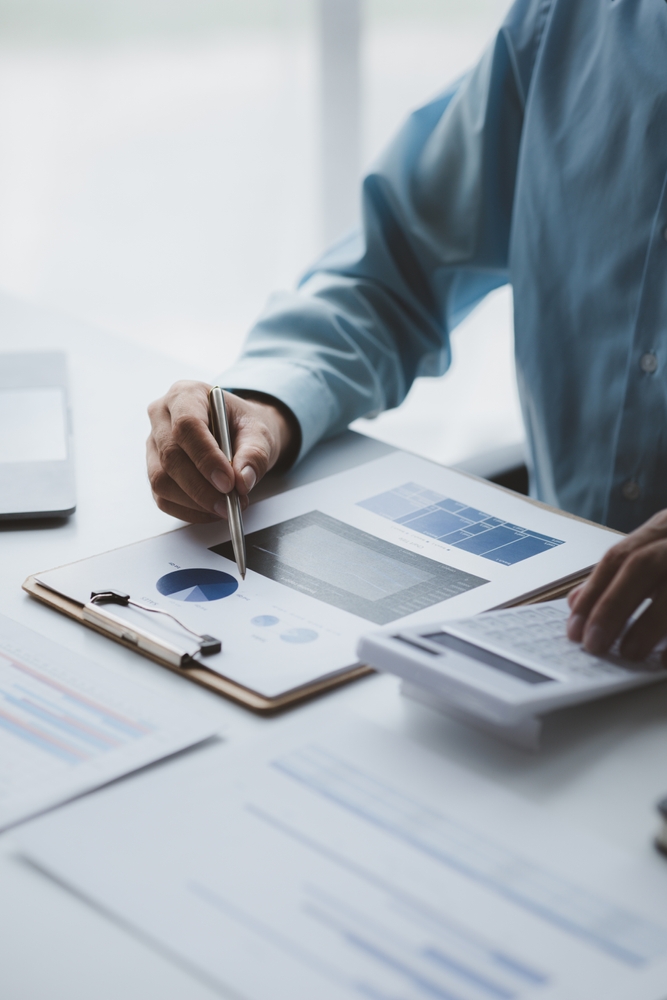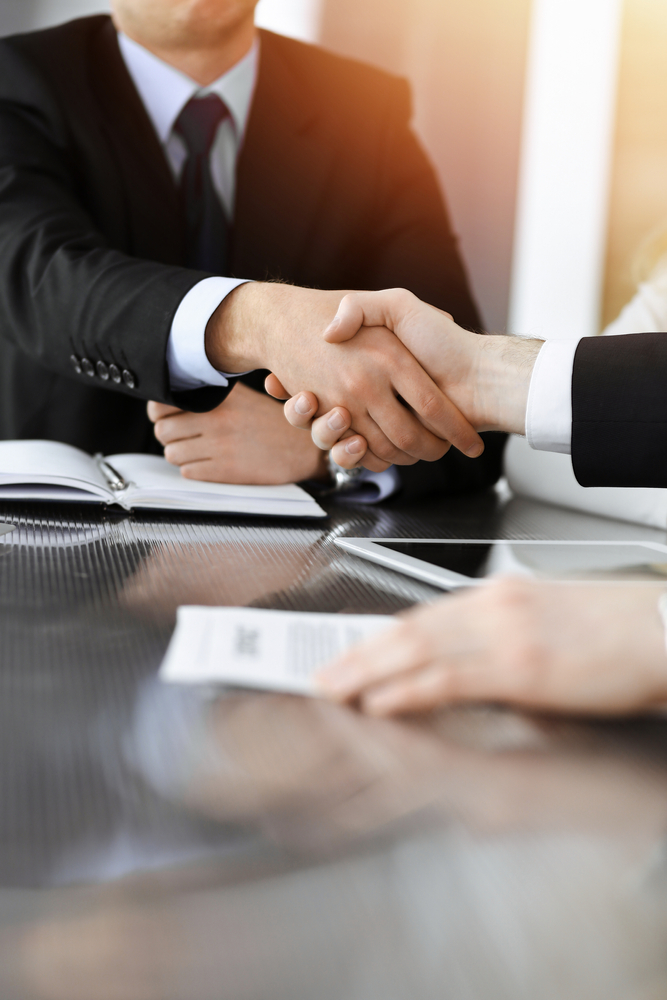Asset and Liability Discovery Services
Asset and liability discovery is a part of forensic accounting that includes the following:
- Identifying the individual’s or organization’s assets
- Valuing those assets
- Identifying the individual’s or organization’s liabilities
- Assessing the extent of those liabilities
- Verifying that the above information is correct, using documentation
Asset and liability discovery is used in a variety of cases, including divorce negotiations, bankruptcy, estate planning, litigation and audits. In any instance where it’s important to attain a complete financial picture, asset and liability discovery is a critical part of that process.

What Do Asset and Liability Discovery Services Include?
Asset and liability discovery includes a range of accounting services, including:
Asset Discovery
Asset discovery is the first step, during which the forensic accounting professional will perform records searches, look through financial documentation, analyze bank and income statements, and review patent and trademark records, among other types of documentation.
During the asset discovery process, the forensic accounting expert will consider which tangible and intangible assets are noted in the documentation. Tangible assets include equipment, real estate, product inventory and any commercial vehicles. It also includes raw financial assets like cash, securities and bank accounts. Intangible assets include subjectively valued items such as trademarks, patents and other intellectual properties (IPs).
Asset Valuation
Once the forensic accounting team has developed an asset inventory, they will value those assets using objective and subjective valuation methods, though the exact methods depend on what’s being analyzed. For example, real estate may be valued using appraisals, and securities using market analysis.
When assessing the value of a business, they may calculate the value of tangible assets only. Given the subjective nature of valuing IPs and goodwill, their value is typically considered only after establishing the business’s floor.
Liability Discovery
Now that the individual’s or company’s assets have been tabulated and valued, the same must be done for their liabilities. First, those liabilities must be identified, using the same methods that forensic accounting professionals deploy to discover assets. These liabilities are categorized as short-term or long-term depending on how soon they are due.
Liabilities include accounts payable, real estate mortgages, short and long-term loans, credit cards, income taxes and other expenses. They may also include future liabilities that may be contingent on the outcome of future legal or business decisions, such as litigation or IP cases.
Liability Assessment
Once the forensic accounting team has a clear picture of all involved liabilities, they must be assessed to determine how much the individual or business owes to each creditor. Liabilities are quantified by reviewing the terms of each debt and factoring in interest rates and early payment penalties. The payment schedule associated with each debt is also considered, to determine its impact on future cash flow.
Asset and Liability Verification
While discovering and quantifying assets (and liabilities), the forensic accounting professionals will verify that they’re working with accurate information. To do this, it may involve checking financial statements, reviewing photos, looking at acquisition or purchase records, interviewing creditors and confirming active payment accounts with the relevant financial institutions.
At this point, an the forensic accounting team can provide either their client or the courts with a clear assets vs. liabilities picture. This can be used for business valuation purposes or to facilitate various court proceedings.
What Role Do Asset and Liability Discovery Services Play in Financial Cases?
Asset and liability services are useful in a variety of legal and financial settings. For example, they’re important for the following:
Bankruptcy Cases
During bankruptcy cases, asset and liability discovery is essential for assessing a person’s ability to resolve their debts and pay creditors. It is also helpful for determining how the debtor’s assets are to be liquidated and divided fairly among creditors.
Divorce Proceedings
During divorce proceedings and negotiations, asset and liability discovery is useful for calculating the assets that must be divided between both parties. It’s also necessary for uncovering any hidden assets that should also be factored into the process.
IRS Audits
Asset and liability discovery may be incorporated into an IRS audit in order to determine the extent of the individual’s or business’s tax liabilities. It may also be necessary for putting together financial statements that the IRS will insist on seeing. Given the potential impact of an IRS audit, many businesses opt for audit preparedness services that include asset and liability discovery.
Estate Planning
Asset and liability discovery services are often required soon after an estate owner passes away. They are needed to accurately calculate an estate’s value, determine what creditors are owed, and to ensure the will (if one is available) is adhered to. Probate courts will also require a detailed inventory of the estate’s assets to ensure everything is passed through the court to the named beneficiaries.
Litigation
If litigation involves contract or valuation disputes, asset and liability discovery services ensure both sides financial pictures are accurately presented to the courts.
As a fundamental accounting tool, asset and liability services are vital in many areas of law and business.

A Forensic Accounting Service Can Provide Expert Asset and Liability Discovery Services
Asset and liability discovery is a complex process that requires extensive accounting expertise. Sometimes, it requires a team of accounting professionals to manage the job.
If you are involved in an estate planning, bankruptcy or divorce case, or if your business is the target of an audit or litigation, asset and liability discovery services may be required. If so, a reputable forensic accounting professional in Houston can provide those services in comprehensive detail.
